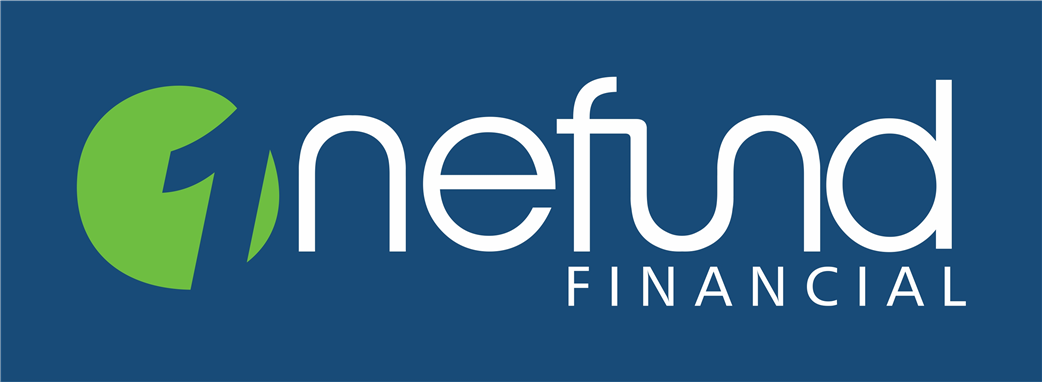AGENT LICENSE ID
M19000245
BROKERAGE LICENSE ID
13043

Karen Baker
Mortgage Agent
Office:
Phone:
Email:
Address:
108-50 Richmond St. E., Oshawa, Ontario, L1G7C7
BROWSE
PARTNERSSCOTIABANK: SPEND LIKE THERE IS NO TOMORROW, TAX LIKE THERE IS
4/17/2024
- Canada’s federal Finance Minister tabled Budget 2024 on April 16th. Gross new spending measures were substantially higher than signalled ahead of budget day, with equally substantial taxation measures partially offsetting the net impact.
- The budget adds a near-term boost to growth with major new spending, but it introduces another twist as it gives with one hand while taking with the other. While net new spending amounts to 0.4% f GDP over the next two years, gross outlays to Canadians adds up to a much more substantial $22.5 bn (0.7%), while syphoning off $9.5 bn from drivers of growth. This is additive to the $44 bn incremental spending provinces have announced in recent weeks.
- The budget clearly makes the Bank of Canada’s job more difficult. The soft inflation print released into the budget risks fanning complacency around the risk of a resurgence in inflationary pressure particularly with a housing market rebound waiting in the wings (and more potential buyers on the margin after this budget).
- New spending is hardly focused. A gross $56.8 bn is spread widely across a range of “priorities”. The new Housing Plan reflects ‘just’ 1/6th of new outlays. Others were channeled ahead—military spending, AI investments, and pharmacare—while new pledges were tabled towards Aboriginal investments, community spending, and a new disability benefit among others.
- New tax measures will yield a $21.9 bn offset—notably a big increase to the capital gains inclusion rate from one-half to two-thirds for individuals and corporations later this Spring.
- The net cost of new measures in this budget lands at $34.8 bn over the planning horizon. Near-term economic momentum has provided additional offsets ($29.1 bn), leaving the fiscal path broadly similar to the Fall Update. The FY24 deficit comes in on the mark at $40 bn (1.4% of GDP) and is expected to descend softly to $20 bn (0.6%) by FY29. Debt remains largely on a similar path of modest declines as a share of GDP over the horizon.
- The fiscal plan could have delivered on critical priorities including the Housing Plan, along with AI and Indigenous spending, while still adhering to its fiscal anchors without resorting to substantial new taxation measures that will dampen confidence and introduce further distortions to Canada’s competitive landscape.
- It won’t likely trigger an election, but it is clearly a warm-up lap as Canadians brace for the polls within the next 12–18 months. The taps are unlikely to be turned off any time soon.




























